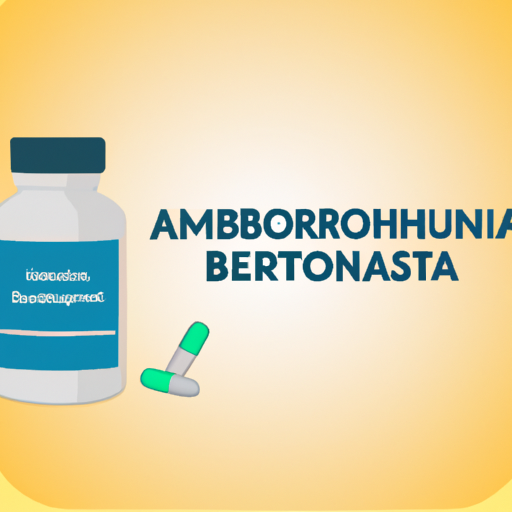If you’re curious about the best way to absorb berberine, you’re not alone. Derived from various plants, berberine is a natural health supplement with a long history in traditional medicine. With its impressive range of properties, including anti-inflammatory and antioxidant effects, berberine has become renowned for its potential benefits in managing metabolic health. From regulating blood sugar levels to reducing cholesterol, this supplement holds promise. However, before diving into the world of berberine, it’s crucial to consult with a healthcare professional, especially if you have pre-existing conditions or are on other medications, as certain drug interactions may occur. So, let’s explore the best way to leverage berberine’s potential for your well-being.
Factors affecting berberine absorption
Bioavailability of berberine
The bioavailability of berberine refers to the extent and rate at which it is absorbed into the bloodstream and can exert its effects on the body. Several factors can influence the bioavailability of berberine, including its chemical structure and the way it is formulated in supplements.
Digestive health
The health of your digestive system can impact how well your body absorbs berberine. A healthy gut microbiota, which consists of trillions of beneficial bacteria, plays a crucial role in the absorption and metabolism of nutrients, including berberine. Imbalances in the gut microbiota, such as dysbiosis, can affect the absorption of berberine and other compounds.
Timing of berberine consumption
Determining the best time to take berberine can also affect its absorption. Some studies suggest that taking berberine before meals may improve its bioavailability, as the presence of food can enhance its absorption and prevent potential gastrointestinal side effects. However, further research is needed to determine the optimal timing for berberine consumption.
Dosage of berberine
The dosage of berberine can influence its absorption and bioavailability. Higher doses of berberine may result in more significant effects, but they can also decrease absorption efficiency. It’s important to follow the recommended dosage guidelines provided by healthcare professionals or the product manufacturer to ensure optimal absorption and minimize the risk of side effects.
Method of administration
The method of administering berberine can also impact its absorption. The most common method is oral supplementation, where berberine is taken in capsule or tablet form. However, other methods, such as topical application or intravenous administration, may offer different absorption rates and bioavailability. The choice of administration method depends on the specific needs and preferences of the individual.
Tips to enhance berberine absorption
Take with a meal
Taking berberine with a meal can enhance its absorption. The presence of food in the stomach triggers the release of digestive enzymes and gastric acids, which can facilitate the breakdown and absorption of berberine. Additionally, the presence of other nutrients in the meal may help improve the solubility of berberine, making it more bioavailable.
Combine with black pepper
Black pepper contains a compound called piperine, which has been shown to enhance the absorption of various nutrients, including berberine. Piperine inhibits certain enzymes in the liver and intestines that break down berberine, allowing more of it to reach the bloodstream. Therefore, consuming black pepper along with berberine may increase its bioavailability.
Pair with other natural compounds
Certain natural compounds or herbs can also enhance the absorption of berberine. For example, quercetin, a flavonoid found in many fruits and vegetables, has been shown to improve the absorption of berberine. Additionally, omega-3 fatty acids and coenzyme Q10 have been suggested to have a synergistic effect with berberine, potentially enhancing its absorption and efficacy.
Avoid taking with certain medications
Berberine can interact with certain medications, potentially affecting its absorption and effectiveness. It’s important to consult with a healthcare professional before taking berberine, especially if you are already taking medications. Some medications that may interact with berberine include blood pressure medications, anticoagulants, and certain antidepressants.
Consider liposomal berberine supplements
Liposomal berberine supplements have gained popularity due to their potential to enhance absorption. Liposomes are tiny lipid vesicles that encapsulate the berberine, protecting it from degradation in the digestive system. This allows for better absorption and increased bioavailability of berberine. However, more research is needed to confirm the efficacy of liposomal berberine supplements.
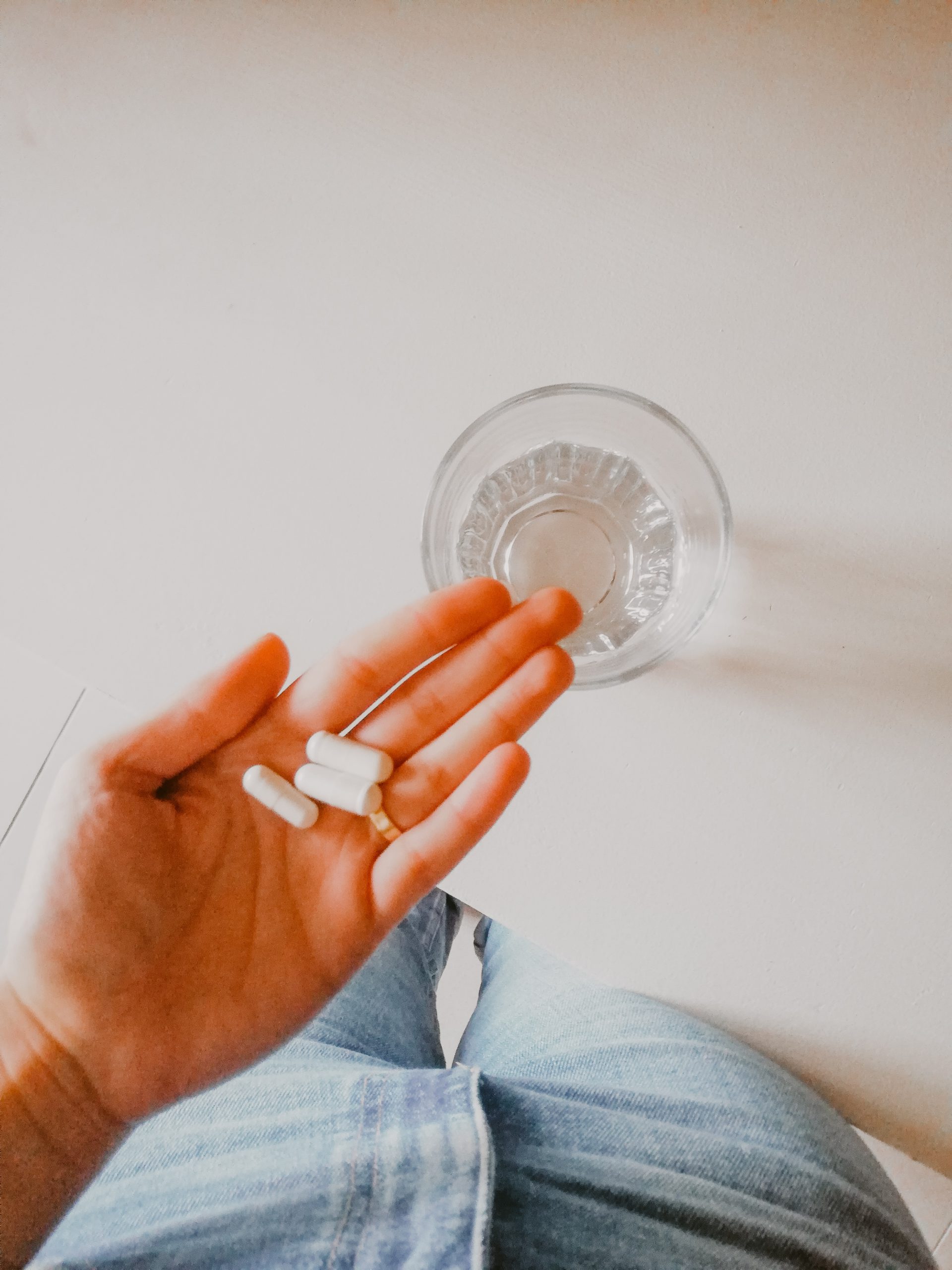
Bioavailability of berberine
Challenges of berberine bioavailability
Berberine has low bioavailability, meaning that a significant portion of the ingested berberine is not absorbed into the bloodstream and is instead excreted from the body. The limited bioavailability of berberine is mainly attributed to its poor solubility in water and its rapid metabolism in the liver.
Ways to improve berberine bioavailability
Several strategies can be employed to improve the bioavailability of berberine. One approach is to enhance its solubility by formulating it as nano-sized particles or complexes with other compounds. This can improve its dissolution in the digestive system and increase absorption.
Another strategy is to inhibit the enzymes responsible for the metabolism of berberine. By inhibiting these enzymes, the body has more time to absorb the berberine before it is broken down. Piperine, found in black pepper, is one such enzyme inhibitor that has been shown to enhance the absorption of berberine.
Digestive health
Gut microbiota and berberine absorption
The gut microbiota, composed of trillions of beneficial bacteria, plays a crucial role in the absorption and metabolism of nutrients, including berberine. Certain strains of bacteria in the gut can produce enzymes that break down berberine, limiting its absorption. On the other hand, some bacteria can convert berberine into its active form, making it more bioavailable.
Probiotic supplementation
Supplementing with probiotics, which contain beneficial bacteria, can help maintain a healthy gut microbiota and potentially enhance berberine absorption. Probiotics can restore the balance of bacteria in the gut, creating an environment that favors the absorption and metabolism of berberine.
Fiber intake
Consuming an adequate amount of dietary fiber can also promote healthy digestion and optimize berberine absorption. Fiber acts as a prebiotic, providing nourishment for beneficial bacteria in the gut. These bacteria can produce short-chain fatty acids, which contribute to a healthy intestinal lining and improve the absorption of nutrients, including berberine.
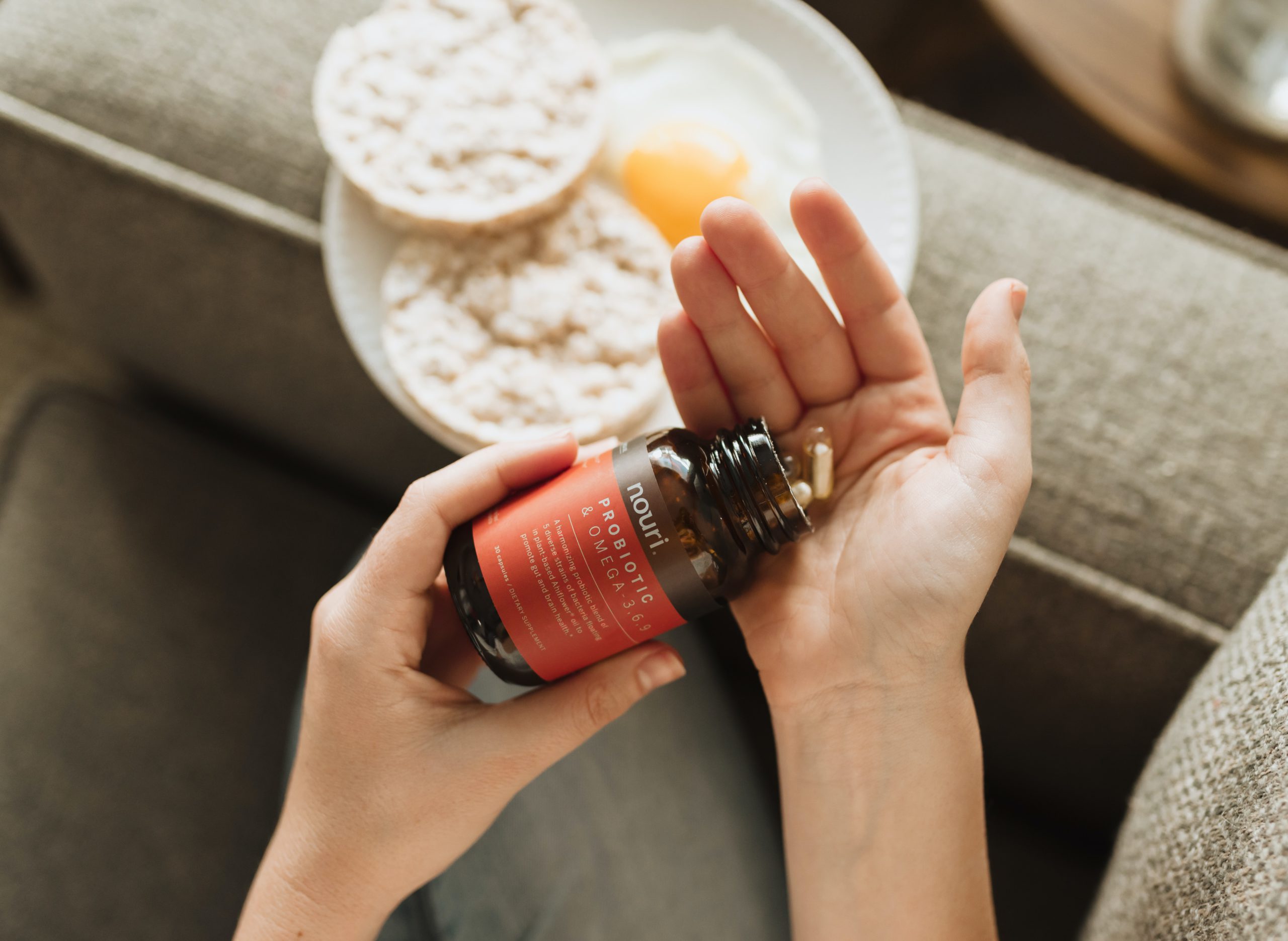
Timing of berberine consumption
Before or after meals
Timing the consumption of berberine in relation to meals can impact its absorption. Some studies suggest that taking berberine before meals can enhance its absorption. The presence of food in the stomach triggers the release of digestive enzymes and gastric acids, which can facilitate the breakdown and absorption of berberine.
Splitting the dosage throughout the day
Splitting the dosage of berberine throughout the day can help maintain a steady level of the compound in the bloodstream, potentially enhancing its absorption. This approach prevents a sudden spike in berberine levels followed by a rapid decline, allowing for more consistent absorption over an extended period.
Dosage of berberine
Recommended dosage
The recommended dosage of berberine varies depending on the specific health condition being targeted. For general metabolic health benefits, a typical dosage range is between 500 to 1500 milligrams per day, divided into two to three doses. However, it’s important to consult with a healthcare professional before starting any berberine supplementation to determine the appropriate dosage for your individual needs.
Adjusting dosage based on individual factors
The optimal dosage of berberine may vary based on individual factors such as body weight, age, and overall health. It’s advisable to start with a lower dosage and gradually increase it while monitoring any potential side effects or interactions with other medications. Consulting with a healthcare professional can help determine the ideal dosage for your specific circumstances.
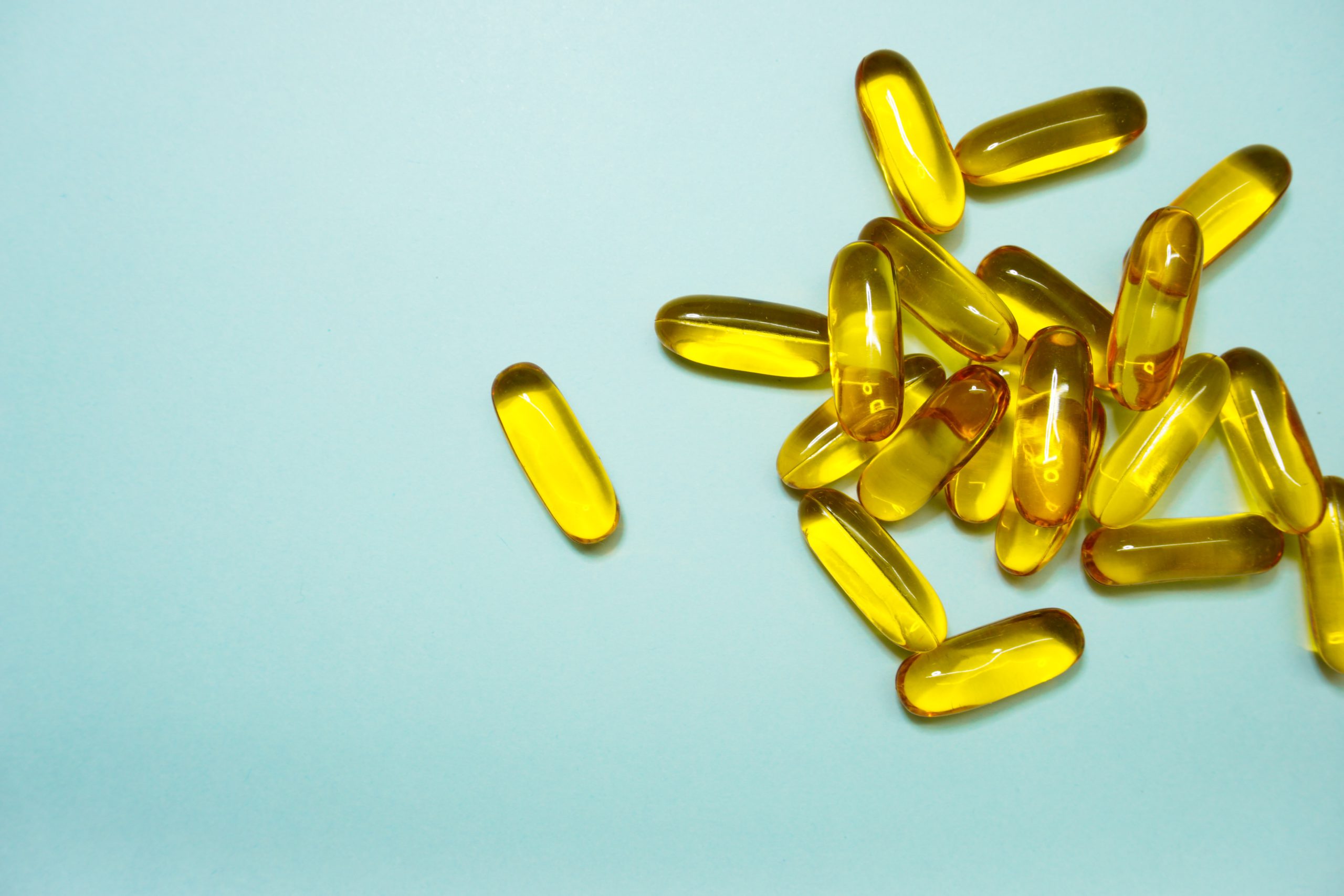
Method of administration
Oral supplements
The most common method of administering berberine is through oral supplements, typically in capsule or tablet form. Oral supplementation allows for convenient and controlled dosing. However, it’s crucial to choose high-quality supplements from reputable manufacturers to ensure the purity and potency of the berberine.
Berberine in the form of extracts
Berberine can also be obtained in the form of extracts from various plant sources. These extracts may contain other beneficial compounds that can work synergistically with berberine to enhance its absorption and efficacy. It’s important to follow the dosage instructions provided by the product manufacturer and consult with a healthcare professional when using berberine extracts.
Topical application of berberine
In some cases, berberine can be applied topically to the skin to target specific skin conditions or infections. Topical application allows for direct absorption of berberine into the skin, bypassing the digestive system. However, the effectiveness of topical berberine may vary depending on the specific condition being treated.
Intravenous administration
In certain medical settings, berberine may be administered intravenously, directly into the bloodstream. Intravenous administration bypasses the digestive system entirely, resulting in higher bioavailability compared to other methods. However, this method is typically reserved for specific conditions and is not commonly used for routine berberine supplementation.
Take with a meal
Enhances berberine absorption
Taking berberine with a meal can enhance its absorption. The presence of food triggers the release of digestive enzymes and gastric acids, which can facilitate the breakdown and absorption of berberine. Additionally, the presence of other nutrients in the meal may improve the solubility of berberine, making it more bioavailable.
Prevents potential gastrointestinal side effects
Taking berberine on an empty stomach can sometimes cause gastrointestinal side effects, such as nausea or stomach discomfort. Consuming berberine with a meal can help alleviate these side effects by diluting the berberine in the stomach and providing a protective coating for the gastrointestinal lining.
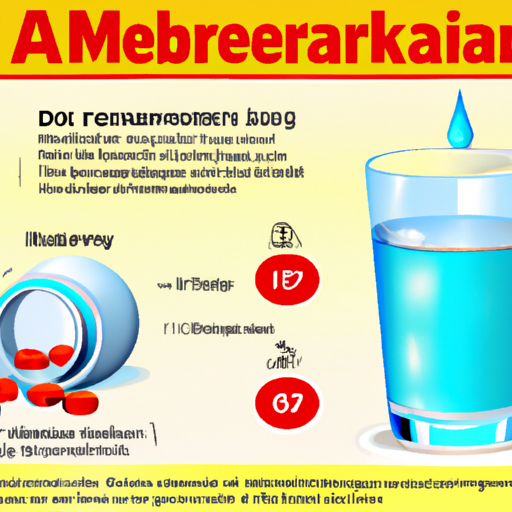
Combine with black pepper
Black pepper’s active compound – piperine
Black pepper contains an active compound called piperine, which has been shown to enhance the absorption of various nutrients, including berberine. Piperine inhibits certain enzymes in the liver and intestines that break down berberine, allowing more of it to reach the bloodstream. Therefore, consuming black pepper along with berberine may increase its bioavailability.
Piperine improves absorption of several nutrients
In addition to berberine, piperine has been found to enhance the absorption of other nutrients, such as curcumin from turmeric and resveratrol from grapes. This suggests that piperine may have a general enhancing effect on nutrient absorption, making it a valuable adjunct to berberine supplementation.
Intravenous administration
Medical settings where intravenous berberine may be used
Intravenous administration of berberine is typically reserved for specific medical settings, such as hospitals or clinics, where healthcare professionals can closely monitor the patient. This method allows for the direct delivery of berberine into the bloodstream, bypassing the digestive system and resulting in increased bioavailability.
Increased bioavailability compared to other methods
Intravenous administration offers increased bioavailability compared to other methods, as the berberine is rapidly absorbed into the bloodstream without being subjected to digestion or metabolism in the liver. This can be advantageous in certain cases where high berberine concentrations are required or when oral supplementation is not feasible.
In conclusion, berberine is a natural health supplement with a wide range of potential benefits for metabolic health. However, ensuring its optimal absorption and bioavailability is essential to harness its full potential. Factors such as bioavailability, digestive health, timing of consumption, dosage, and method of administration can all influence the absorption of berberine. By following tips such as taking berberine with a meal, combining it with black pepper, and considering alternative administration methods like liposomal supplements, one can enhance the absorption and effectiveness of berberine supplementation. As always, it is important to consult with a healthcare professional before starting any new supplement to ensure it is safe and appropriate for your individual needs.
